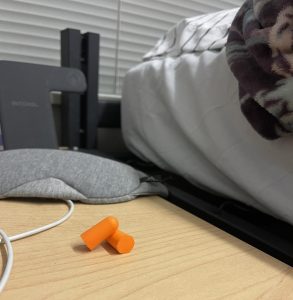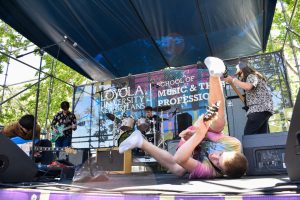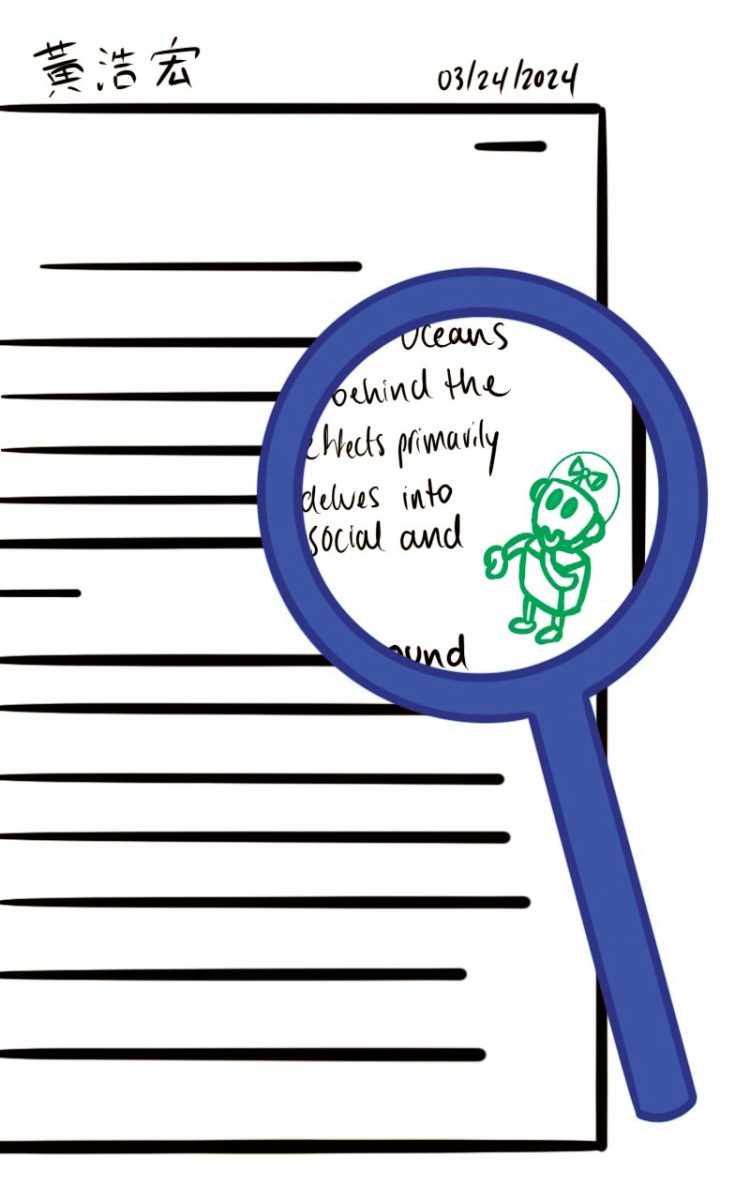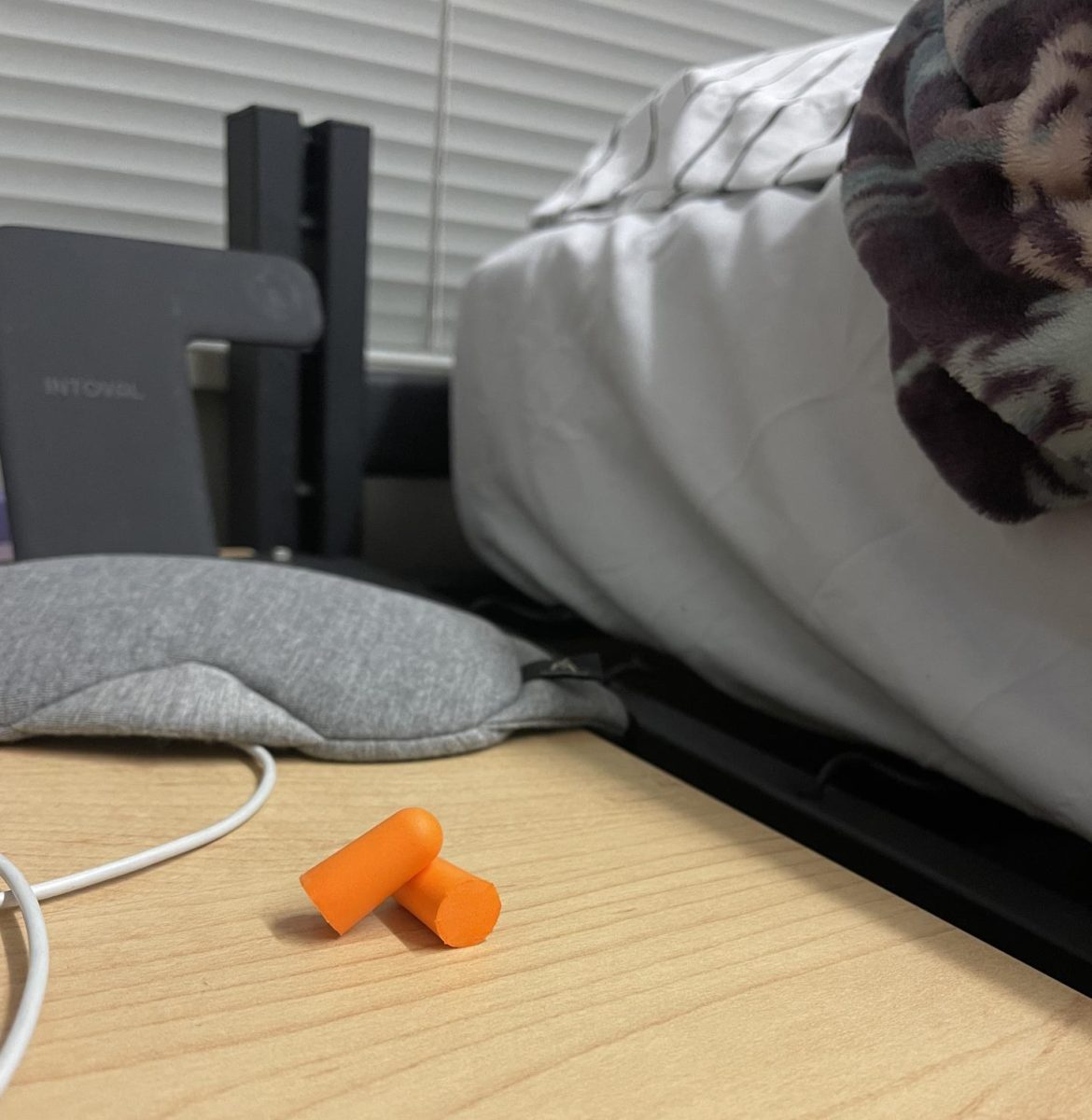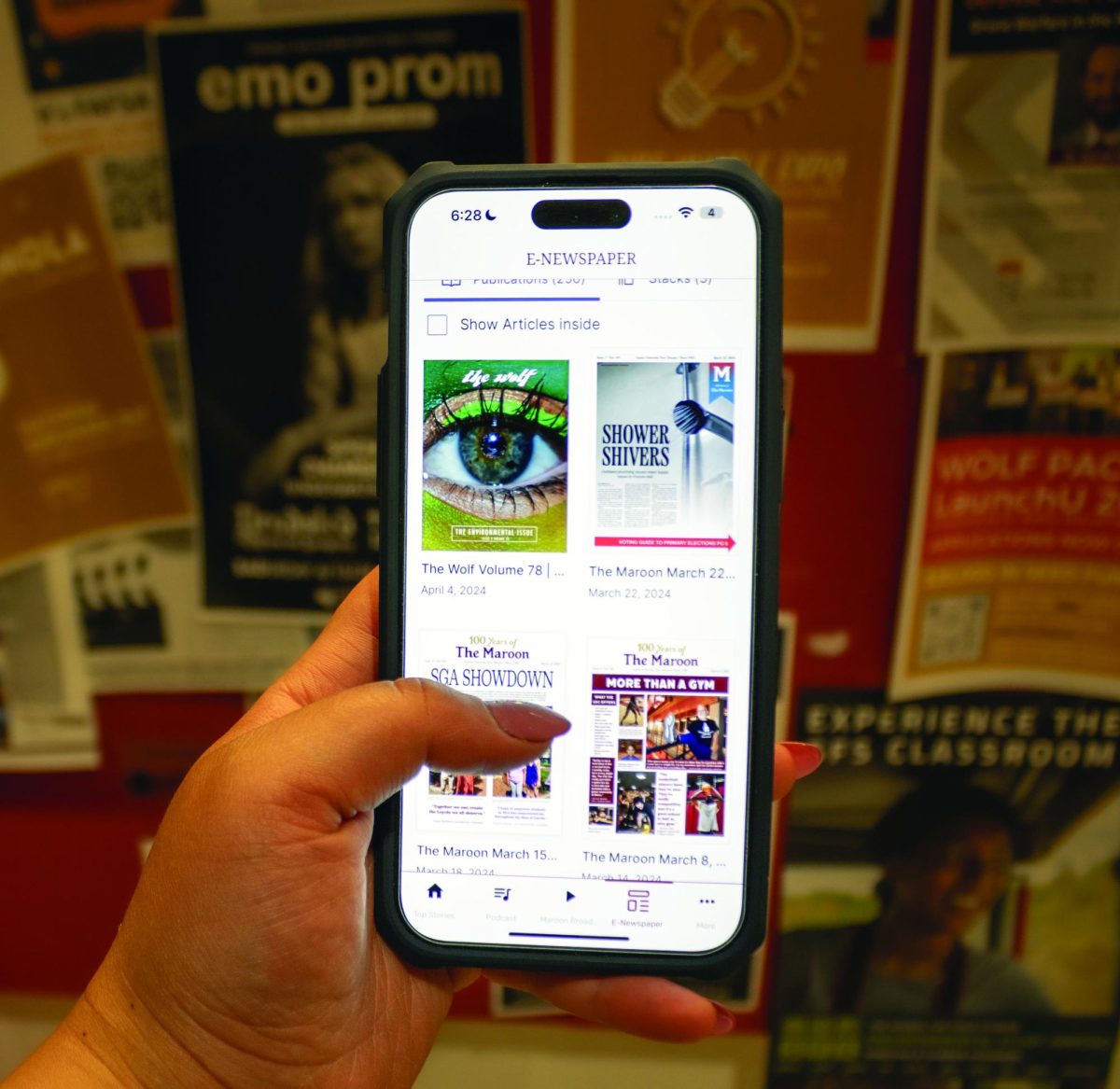By: Rula Thabata
Political Science junior
The ability to candidly, confidentially and anonymously provide feedback on questions and issues often avoided in the classroom and on campus programming is an act of protest.
A year and a half ago, students from all parts of campus, predominantly students of color, presented a list of demands to the president’s office. Issues such as diversity, sexual assault, disability oppression, the treatment of employees of Sodexo and WFF facility services, etc. and their experiences on campus are important to talk about. In August, Dr. Anderson, chief diversity officer, began her role in the Office of Diversity and Inclusion.
Before one begins the survey, on the site, there is a timeline and information about the process, its history and additional resources. There, one can learn about Rankin and Associates consulting, a confirmation that this endeavor is not one for administration to passively make a statement, or “that this is another one of those surveys” (you know, the one you get in your email about your experiences that year).
A simple Google search will show websites of their work or reports at other universities. When one clicks on the link, they are lead to the survey, which is a server outside of Loyola’s; it’s Rankin’s, top researchers in their field. Because the comfort of every student is a priority and personally matters to me and those who sit on the committee, including other students, there you are met with warnings that some questions might cause one to be uncomfortable and these questions are sensitive, and a list of definitions.
University campuses, institutions of higher education, are not always easy-going places lived as they look on an admissions brochure, and we, students, know that.
There are sides we do not know, as well, such as the treatment of faculty and staff. We have to talk about uncomfortable issues to move forward. With a committee of members of the Loyola community from across campus, there was the utmost effort to make the questions as clear and inclusive as possible and to address issues often left under the rug.
We live in a world where the reality is that data drives decisions, adds credibility to already legitimate concerns, but with numbers as evidence. Data drives policy and data drives moves. Reaching 30 percent of participation on this survey will allow the data to be categorizable, upholding protection, confidentiality and showing numbers for actions. Qualitative data with quantitative evidence to reaffirm is powerful.
Climate surveys are done in workplaces, hospitals and universities across the world. Every voice on Loyola’s campus matters. To psychology majors, I apologize, it was an oversight. However, without answering that particular question, you can still take the survey, it does not affect your ability to participate or finish it. In fact any question is voluntary.
Some questions on the survey are difficult to answer, but the most difficult conversations are the ones needed most.
Asking about sexual assault and discrimination is the beginning to addressing problems. According to the National Sexual Violence Resource Center one in five women on college campuses and one in 16 men will be sexually assaulted.
Are we going to pretend that Loyola is not a part of this? Or that the student body feels that issues have been addressed adequately? How about questions about discrimination?
Not every classroom is a beacon of acceptance and inclusivity. One sees headlines about problems at other universities and relate it to our own. Here’s your chance to do something about it. At a university where we pride ourselves on a mission of social justice, we should live up to it by encouraging student participation in a survey which directly gives a voice to grievances many have. To take this survey is to speak honestly to administration about issues and concerns one does not feel have been handled or addressed. The experiences of everybody are important.
Resistance is the voices of everybody being heard in a way to demand change. Loyola has been facing changes from all ends, financial decisions, an interim provost and a search for a new president with news of the resignation of Father Wildes earlier this semester. This survey was structured, organized and lead by an outside firm and worked on by members of our own for our own. For one to conclude and share that Loyola can benefit any from this information, other than analyze it to push for policy change and affect the presidential search is to discount the legitimacy of a renowned firm, your peers, and do your own community an injustice.




